CLOSE
Mon. - Fri. 8.30 a.m. - 7 p.m. (Continuous hours)
Sat. 8.30 - 13.00
T. 0432 574163
E. info@salusalpeadria.it
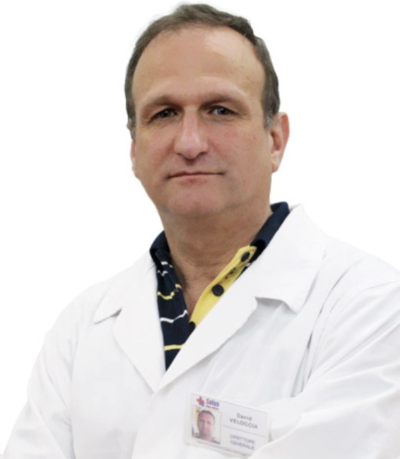














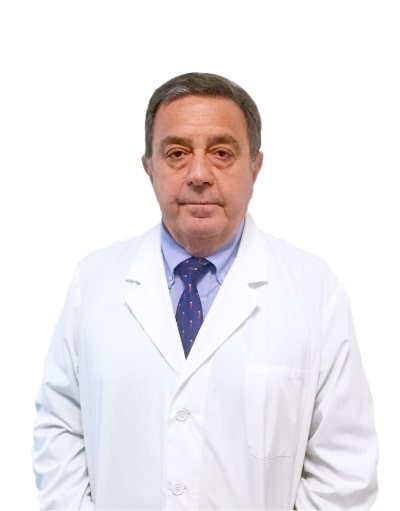

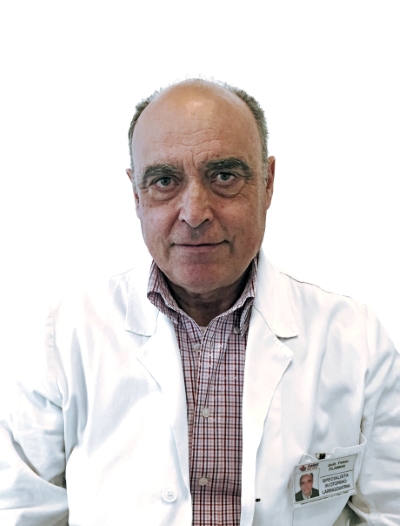
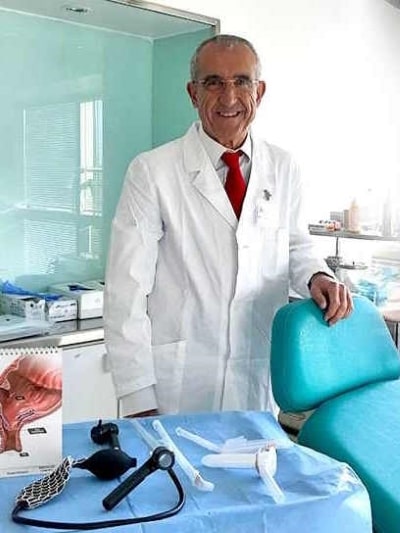

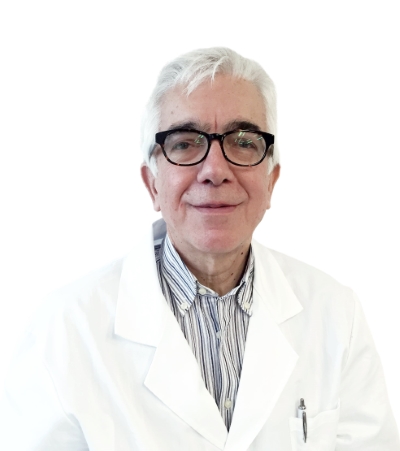

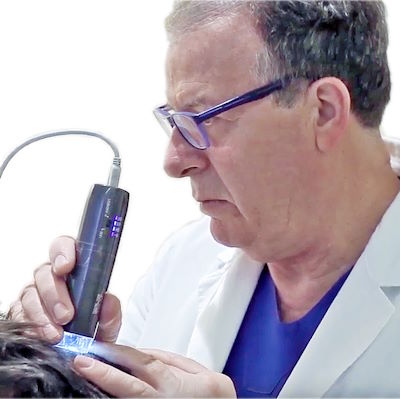




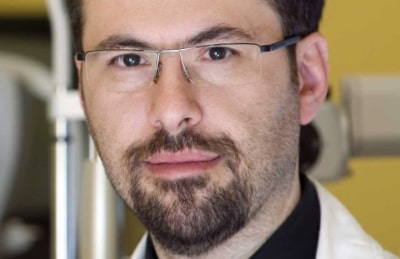
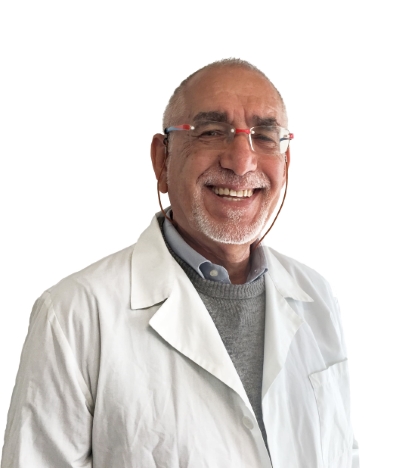
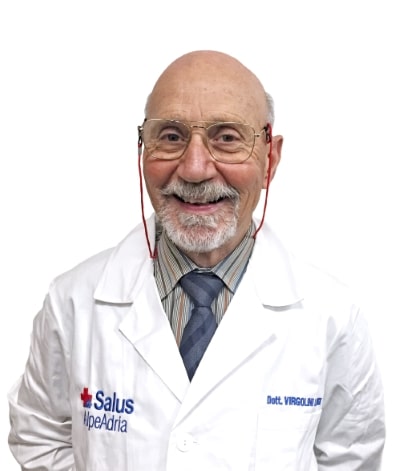
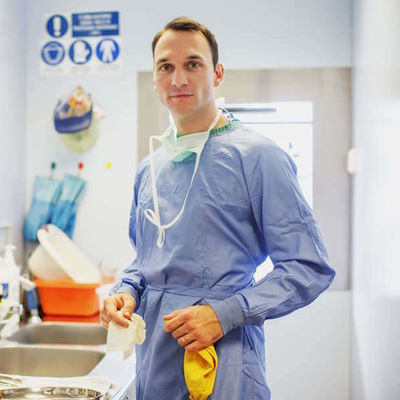

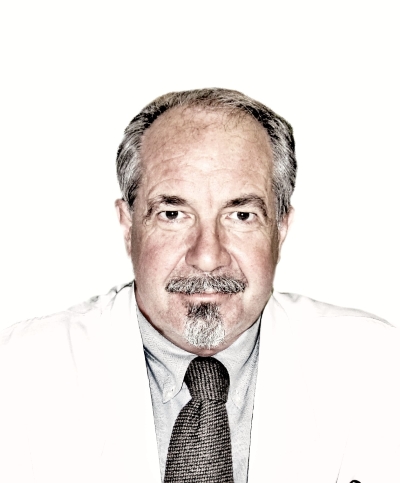



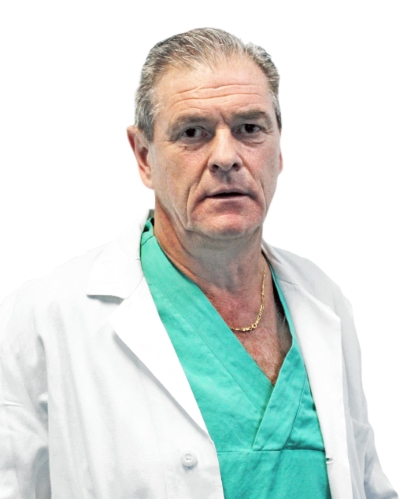


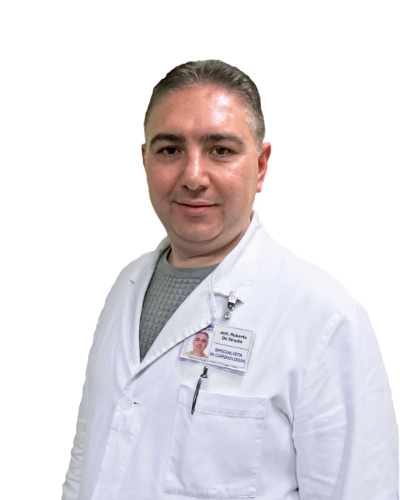





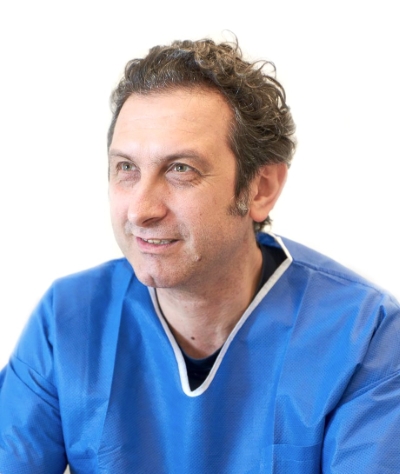












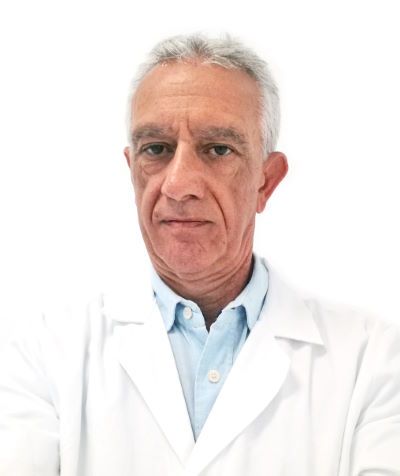

A cardiological examination is an essential appointment with a heart specialist to diagnose any cardiological problems. It is recommended when symptoms such as chest pain, dyspnoea, fainting, palpitations or general fatigue occur. The examination also makes it possible to identify and treat major cardiac diseases such as high blood pressure, cardiomyopathy, ischaemic heart disease, heart failure and heart valve disease.
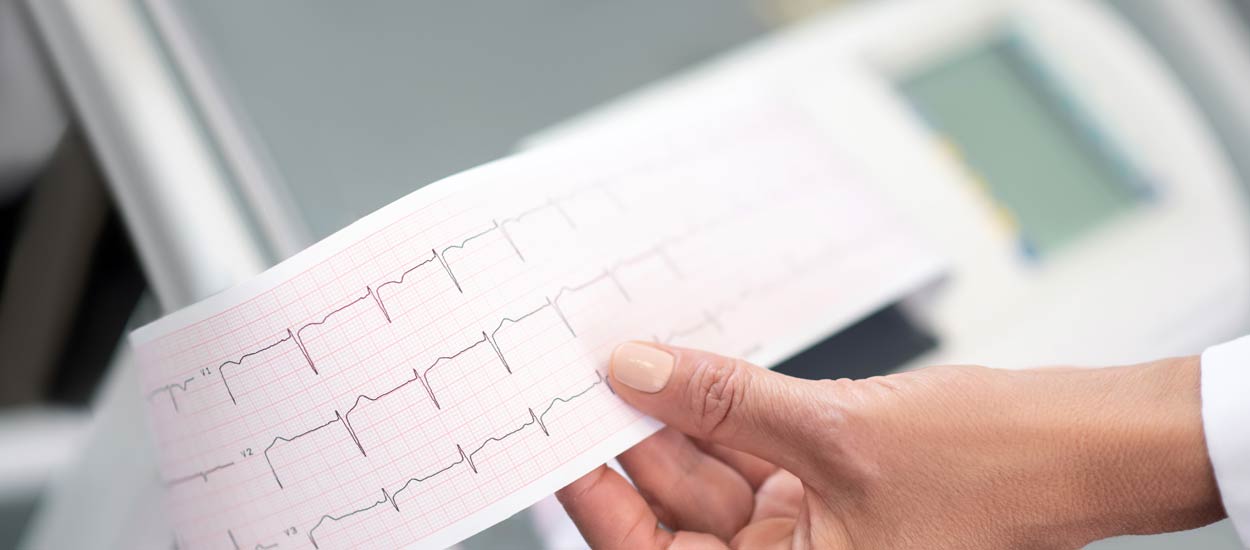
During the examination, the doctor collects information about the patient's lifestyle and family history of heart disease. He or she then performs a clinical examination that includes percussion and auscultation of the cardiovascular system, as well as blood pressure measurement. In some cases, an electrocardiogram may be necessary for a more in-depth evaluation. The cardiological examination is particularly important for patients with valve prostheses, who should undergo regular check-ups.

The cardiological examination is an important medical assessment that focuses on the health of the heart and circulatory system. During this examination, the cardiologist collects detailed information about the patient's health status, assessing risk factors, symptoms and medical history. This evaluation may include clinical examinations, cardiac auscultation and blood pressure measurement. The cardiological examination is crucial for identifying potential cardiac problems at an early stage and for planning appropriate therapeutic interventions.

The ECG is a non-invasive examination that records the electrical activity of the heart. During this procedure, electrodes are placed on the patient's skin to detect changes in electrical potential generated by cardiac contractions. The ECG is useful for diagnosing heart rhythm disorders, myocardial ischaemia and other cardiac abnormalities. It is a quick and painless test that provides valuable information about the functioning of the heart.
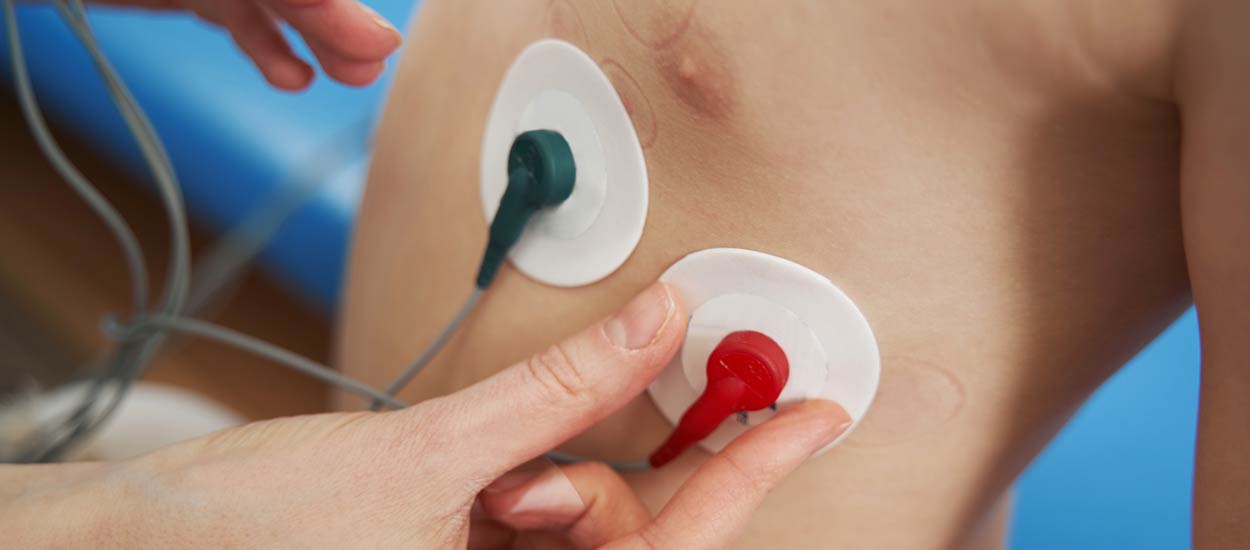
An echocardiogram is an imaging test that uses ultrasound to create real-time images of the heart. This technique provides a detailed view of cardiac structure and function, allowing the cardiologist to assess the size of the heart chambers, the contractile force of the heart muscle, and blood circulation. The echocardiogram is essential for the diagnosis and monitoring of disorders such as heart failure, valvulopathies and cardiomyopathies.
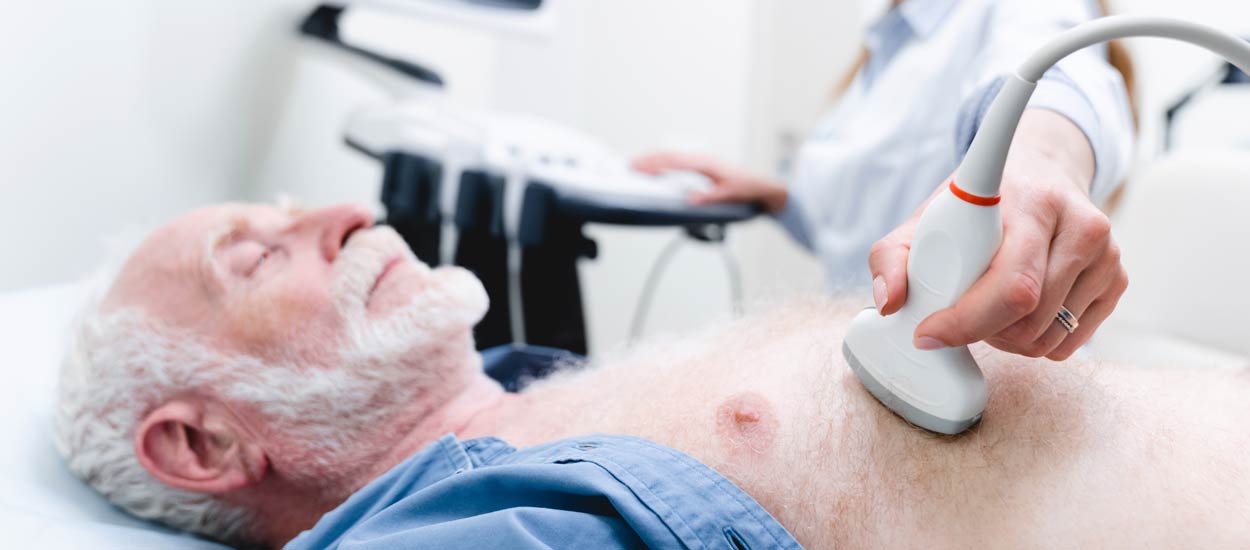
Holter pressor: The blood pressure monitor is a portable device that continuously records the patient's blood pressure during daily activities. The patient wears the device for 24 hours or more, allowing the doctor to obtain a complete view of blood pressure levels over an extended period. This examination is useful for diagnosing hypertension and assessing the effectiveness of drug treatments.
Cardiac Holter: The cardiac holter is a device similar to a portable recorder that monitors the heart's electrical activity over an extended period, usually 24-48 hours. This examination is used to detect intermittent cardiac arrhythmias or other heart rhythm abnormalities that may not be apparent during a brief medical examination. The recorded data are then analysed by the cardiologist to make an accurate diagnosis and plan the appropriate treatment.
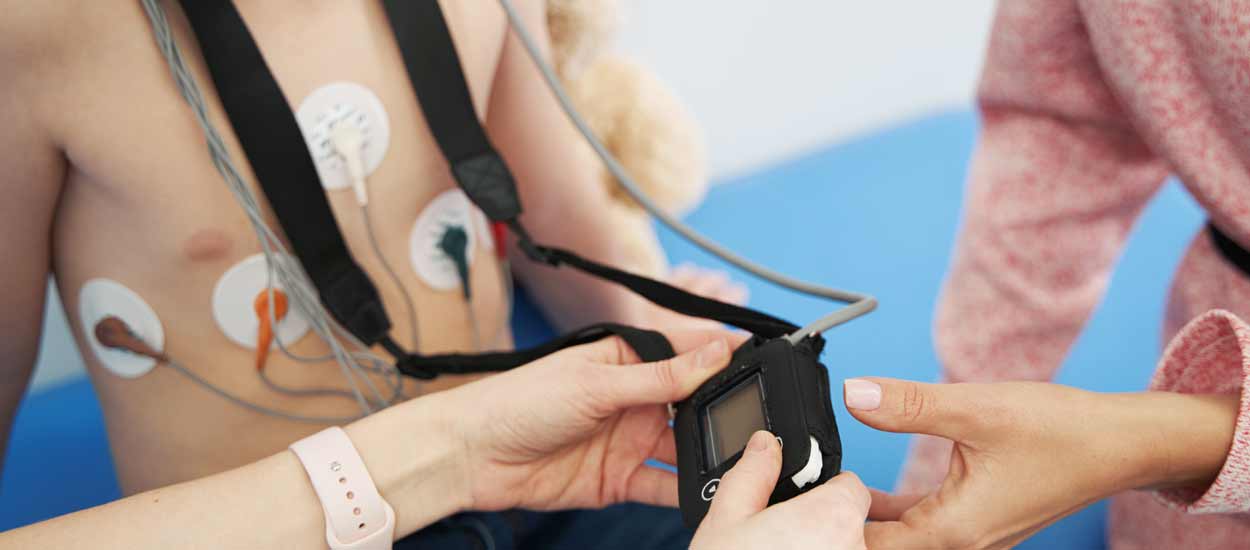
Salus Alpe Adria is a Private Healthcare Facility established to provide citizens with a timely and excellent healthcare service, offering a wide range of services for prevention, diagnosis and therapy.
Book an appointment via the appointment button on this page. We will contact you as soon as possible to provide further information and confirm your visit.
©Salus Alpe Adria s.r.l. 2020
Via G. D'Annunzio, 29, 33010 Branco UD
VAT NO. 02726460302
OPENING HOURS
Monday - Friday: 8:30 a.m. - 7:00 p.m. non-stop
Saturday: 8:30-13:00
CONTACTS
Telephone: 0432 574163
Email: info@salusalpeadria.it
PEC: salusalpeadria@legalmail.it